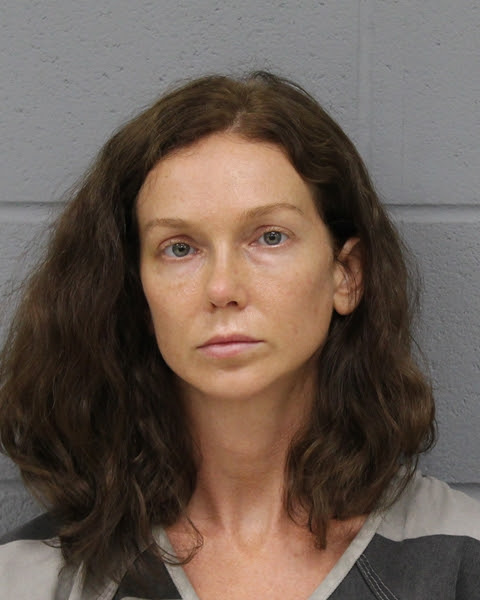The murder trial for Kaitlin Armstrong, the woman accused of fatally shooting professional cyclist Moriah Wilson, began with opening statements on Wednesday, November 1, 2023, in Austin, Texas.
Opening statements were delivered over the course of an hour. First, District Attorney Rickey Jones spoke for 50 minutes, outlining what he called a ‘road map’ to evidence that the jury can expect to review along with what they can expect to hear from witnesses during the trial.
He stated that the prosecution would present to the jury a detailed timeline, with a focus on cell phone records, data and surveillance footage from the days leading up to and after Wilson’s death, along with testimony from potential witnesses the jury could expect to hear.
Armstrong’s Defense Attorney, Geoffrey Puryear, then spoke for roughly 15 minutes, stating that the defense team intended to show that the state’s evidence collected during the investigation was lacking, that there would be no witnesses or camera footage of Armstrong shooting Wilson, and he reminded the jury that the burden of proof rests with the state to prove that Armstrong is guilty “beyond a reasonable doubt.”
Armstrong is accused of first-degree murder in connection to Wilson’s death in an East Austin, Texas, home on May 11, 2022. She pleaded not guilty to the charge.
Armstrong’s murder trial was delayed four months from its expected June 26, 2023 date, but it began on Monday in an Austin courtroom as a jury was seated for the trial. The court took a break on Tuesday but resumed with opening statements on Wednesday.
The trial is expected to last upwards of five days to two weeks. The judge presiding over the murder trial will only allow live cameras inside the courtroom for opening statements, closing arguments and the verdict, but not during witness testimony.
Prosecutor: Cell phone records and GPS tracking
District Attorney Rickey Jones began his opening statements by telling jurors aspects of Wilson’s life growing up in Vermont, athletic achievements throughout her collegiate skiing career and as a professional cyclist who specialised in gravel racing.
During a slide presentation, Jones detailed a timeline of evidence jurors can expect to view during the trial. He said that the evidence would outline the months and days that led up to the date of Wilson’s death through gathered cell phone records and data from devices that belonged to Wilson, Armstrong and Colin Strickland, Armstrong’s then business and live-in…
Click Here to Read the Full Original Article at CyclingNews RSS Feed…

